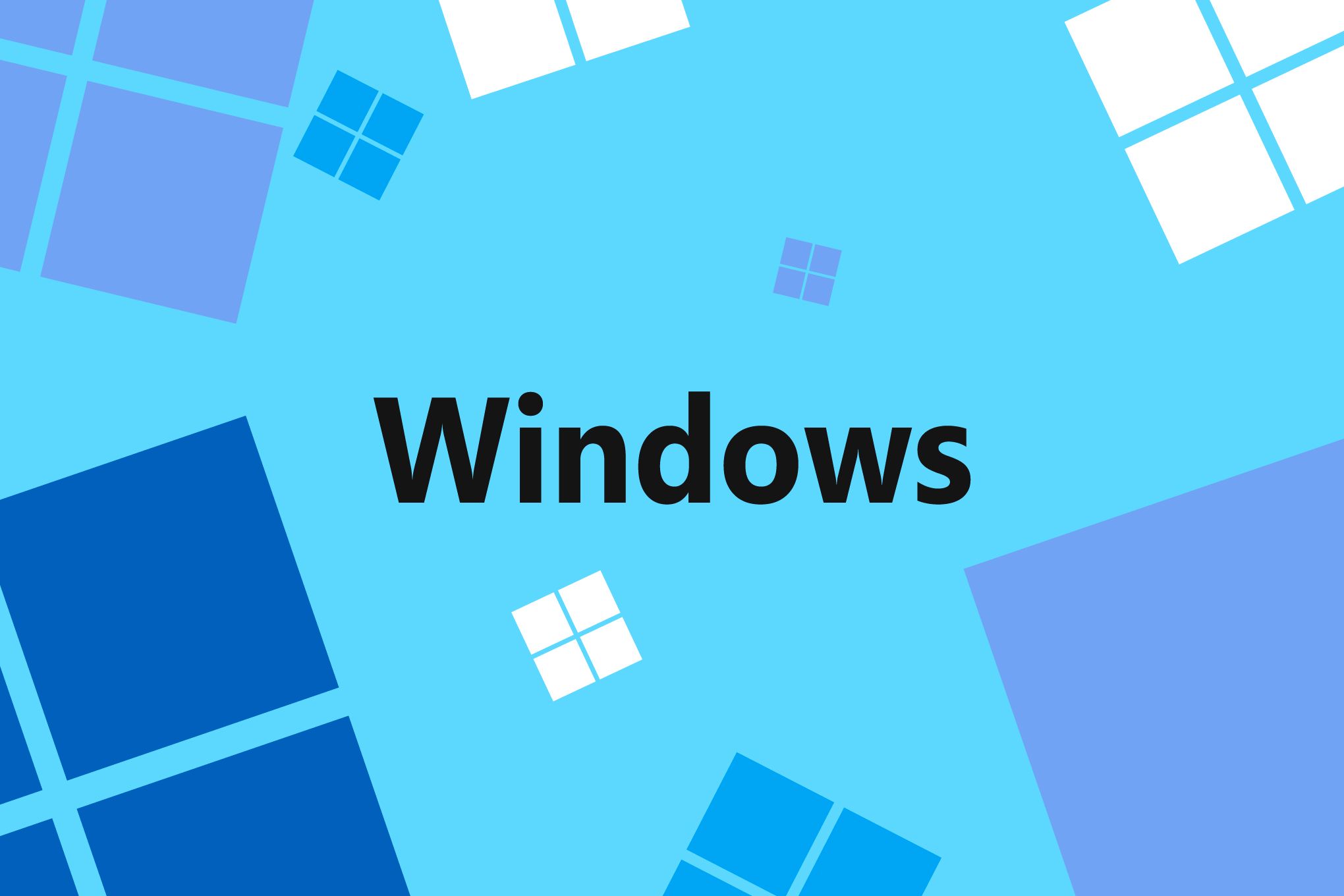TL;DR
- - Microsoft adds OpenAI’s new AI model to Windows AI Foundry.
- - Requires 16GB VRAM, supports Nvidia & Radeon GPUs.
- - Empowers AI development in bandwidth-limited settings.
- - Potential for growth in enterprise AI deployments on local systems.
Did you know Microsoft has just unlocked groundbreaking AI potential for Windows users? With the release of OpenAI’s GPT-OSS model on Windows, high-function local AI is now possible without cloud dependency—transforming how enterprises and developers integrate AI solutions. Here's why it matters now: enterprises can now create autonomous AI-powered tools directly on their laptops, elevating operational efficiencies and innovation.
Microsoft's recent integration of OpenAI’s new GPT-OSS model into the Windows platform marks a significant advancement in AI accessibility for local systems. By making the lightweight gpt-oss-20b model available via Windows AI Foundry, Microsoft empowers PC users to leverage advanced AI without the traditional need for cloud processing. This initiative aligns with the needs of developers and enterprises that require real-time, high-performance AI tools embedded directly into workflows.
Market Dynamics
The competitive landscape greatly benefits from this development, especially considering Microsoft’s strategic partnerships and competitors. With Amazon also quick to incorporate OpenAI’s latest model into its cloud service offerings, the technology giant now accelerates a more inclusive AI environment locally on Windows, marking a departure from cloud-exclusive AI reliance.
Technical Innovation
The gpt-oss-20b model, optimized for code execution and tool use, allows developers to build sophisticated applications, such as autonomous assistants, directly on PCs. This model can run efficiently even in bandwidth-constrained environments, enabling a wider range of hardware to support advanced AI functionalities. An upcoming potential upgrade hints at enhanced compatibility with future hardware iterations, such as Microsoft's Copilot Plus.
Financial Analysis
Microsoft’s move indicates a potentially lucrative market shift, allowing businesses to reduce ongoing cloud costs by conducting AI processes locally. With companies exploring cost-effective tech solutions, the promise of locally run AI can drive significant savings and further investment in hardware capabilities needed to support such processes.
Strategic Outlook
In the coming months, expect a surge in enterprise-level reliance on local AI systems. Companies equipped with high VRAM GPUs like those from Nvidia and Radeon can fully harness this innovation. Over the next couple of years, this shift will likely prompt increased demand for powerful PC configurations and potentially redefine the enterprise tech infrastructure standard. As Amazon and Google observe Microsoft's tactics, more rapid advancements in AI tech integration across platforms can be anticipated.












